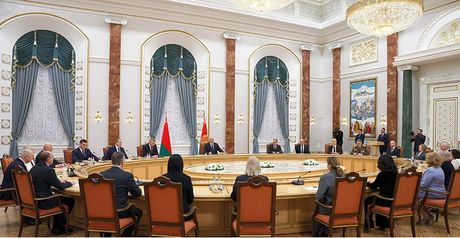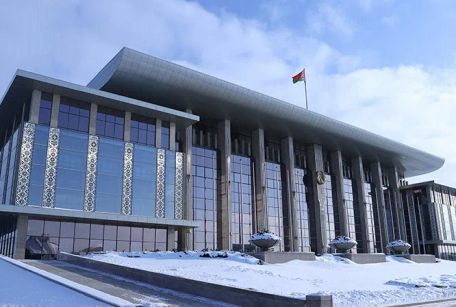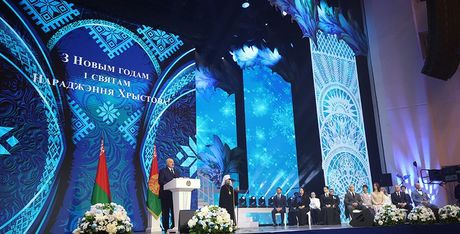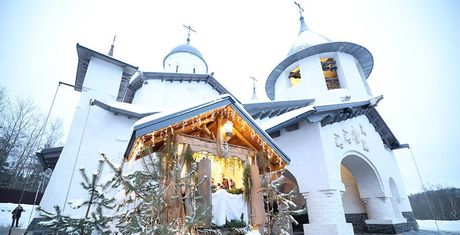Lukashenko: Retail chains should be involved in potato storage, sales
15:06, 28 August
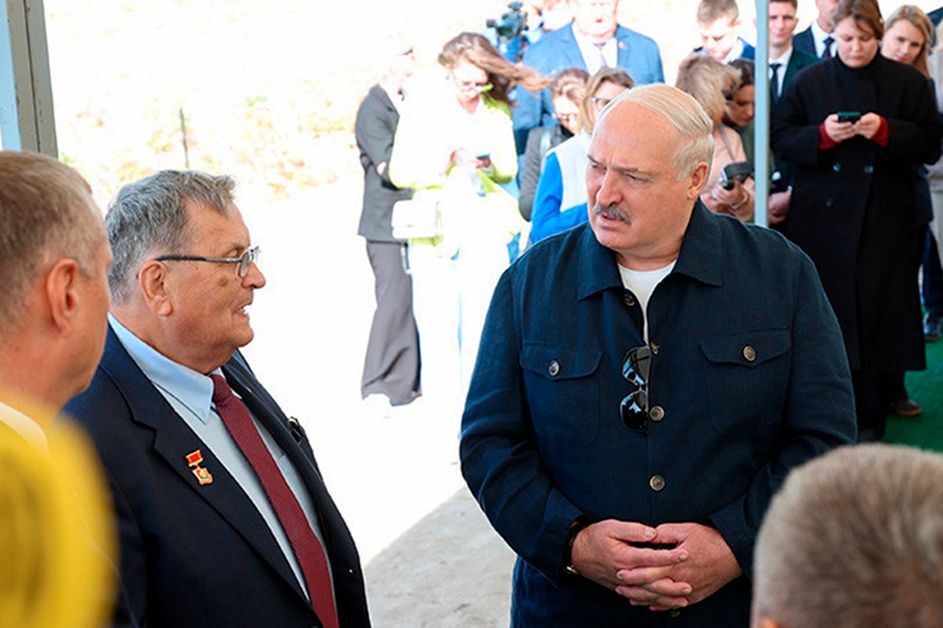
Retail chains should be actively involved in the storage and subsequent sale of potatoes, Belarusian President Aleksandr Lukashenko said as he made a working trip to Kirovsk District, Mogilev Oblast on 28 August, BelTA has learned.
- Share on Facebook
- Share on VK
- Share on Twitter
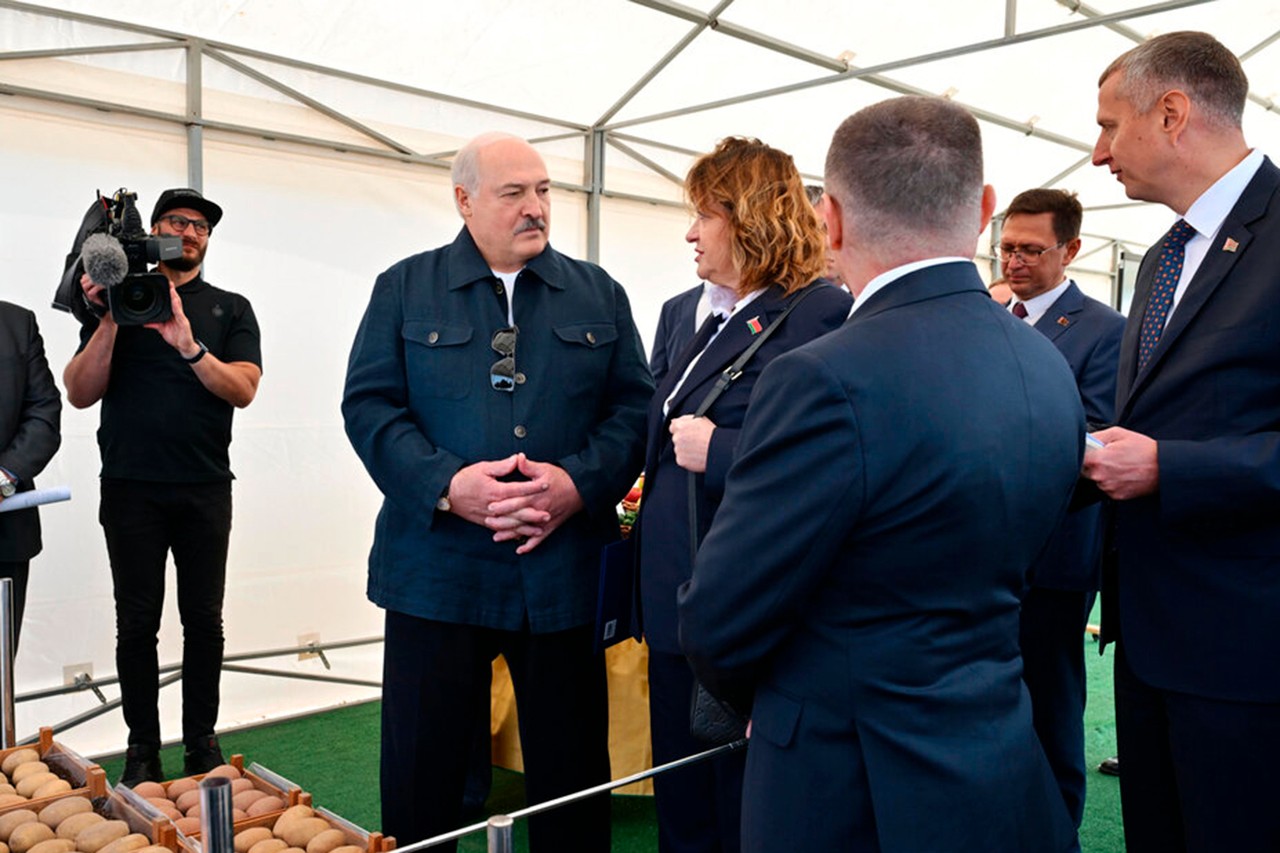
One of the topics discussed during the meeting was potato cultivation. In Belarus, potatoes are grown mainly by private farmers and households, and to a lesser extent by agricultural enterprises. However, while farmers have smaller areas for planting, their yields are higher thanks to strict adherence to farming technologies.
Following shortages in retail potato supply in the spring of this year, a decision was made to increase the area under cultivation for this important crop.
“I advised you to increase the potato planting area. As you can see, we were right to do so,” Aleksandr Lukashenko said. All the participants agreed the decision was wise.
The head of state noted that high demand for Belarusian potatoes is likely to remain abroad this year, particularly in neighboring Russia. During the spring shortage there, even seed potatoes were sold, meaning it will not be possible to quickly expand planting areas. A similar proposal to sell seed potatoes was also voiced by some officials in Belarus, but the president’s response was unequivocal: “They suggested selling the seed potatoes in the spring. I said: Are you out of your mind? Let’s endure… It turned out the issue wasn’t really about potatoes at all, but about certain minds, whose owners are now in prison.”
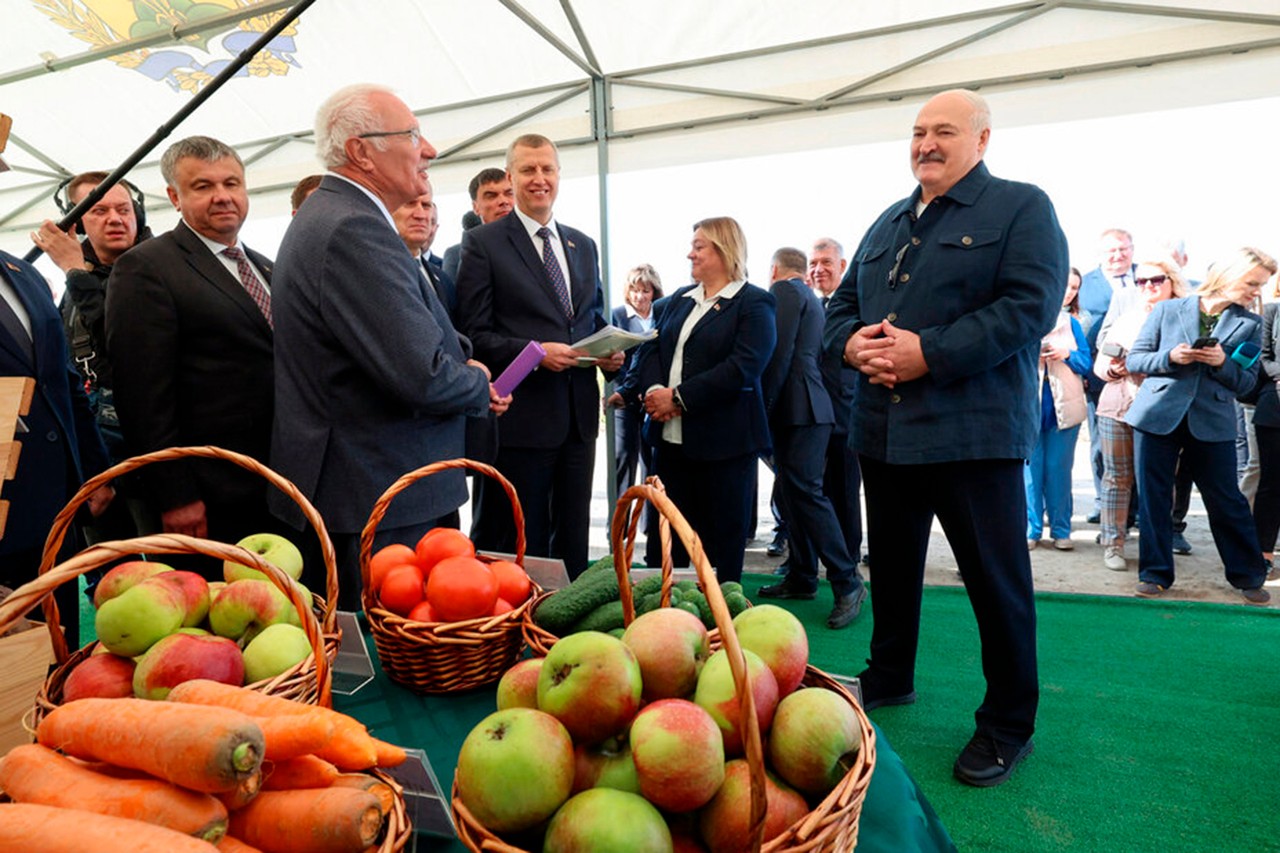
The president was assured that the potato harvest will be sufficient. What matters now is to ensure that storage facilities are properly prepared so that the crop can be preserved until spring. It’s also crucial to establish reliable partnerships with retail chains so that potatoes are delivered to stores on time, avoiding the supply issues seen earlier this year.
“We need to make sure that it's not the retailers who are managing us, but rather we are managing them,” Aleksandr Lukashenko emphasized. “And make sure we have enough stabilization stocks in place so that we won't find ourselves running out later or facing any problems. The retail chains should be fully engaged.”
The president asked about the current availability of potatoes in stores and their price for consumers. He was informed that 95% of the demand is currently met with early-harvest potatoes, priced at an average of Br1.3 per kilogram. However, this price applies to early varieties and is expected to decrease later in the season.
On 8 May 2025, Aleksandr Lukashenko noted that potato price in Russia was several times higher than in Belarus, prompting local producers to prioritize exports to the Russian market.
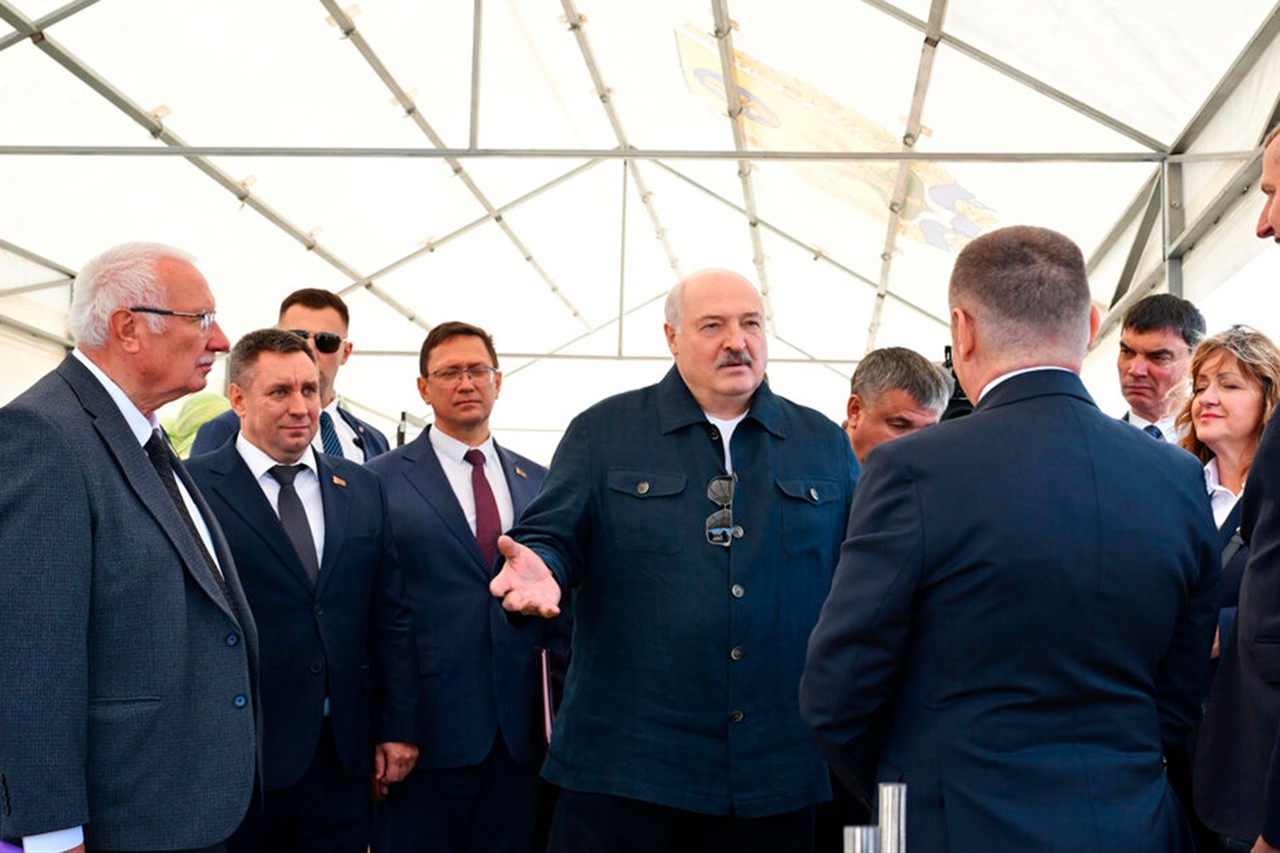
“The government told me: ‘Aleksandr Grigoryevich, don’t worry, we have tens of thousands of tonnes of seed potatoes and we will sell them’. I reminded them that I am a historian. During the Great Patriotic War, people were dying of hunger in Leningrad, but they preserved the seeds so that they could make bread later. Do you think that a potato shortage in Russia and other countries will be overcome in a short time? No. It will last for several years. We have seed potatoes. Let’s endure for another month (I know some don’t like potato quality in our stores), then we plant seed potatoes and will harvest ten times more than we planted. Then we will be able to sell them at a good price. This is a smart plan from a farmer’s perspective,” the head of state remarked.
“Some may worry about the quality of potatoes. We need to persevere for a month. But we will not be left without potatoes,” Aleksandr Lukashenko stressed.
He stated that the State Control Committee was tasked with studying the situation across all retail chains to determine which products are in short supply.
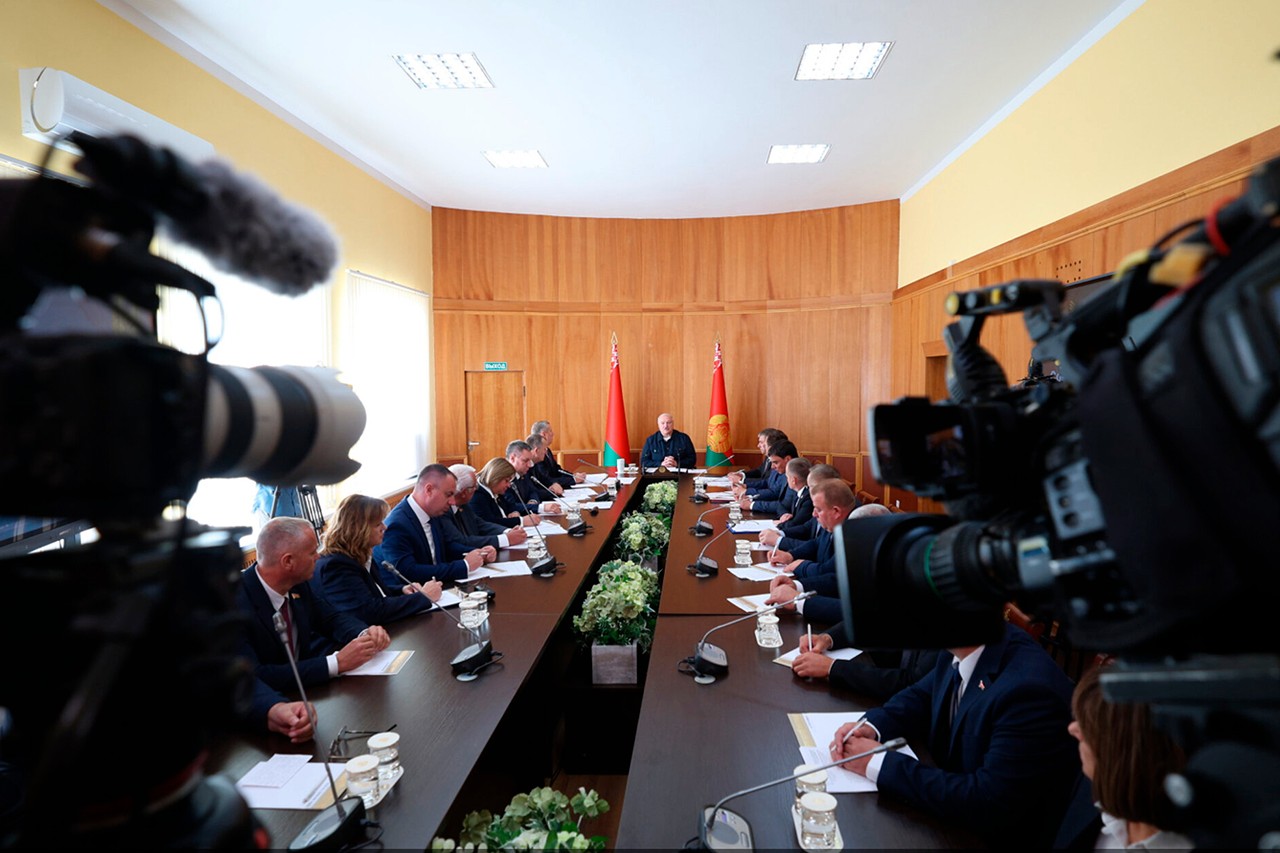
“Then I will call the governors and ask: Guys, I warned you in the autumn about the need to create stabilization stocks. We needed to set aside reserves to ensure the food supply. And what does this include? Potatoes, first and foremost. Apples and other products. Where are they? Of course, farmers need to earn money. If they don’t sell potatoes for export and don’t receive foreign currency, we will have to support them from the budget. I would rather not. Because we need to support teachers, doctors, and retirees. This is also a lesson for us. I believe this will be the last lesson for the government. We need to improve our storage facilities and make stock of the world’s best potatoes so that our people never face such a situation again,” the president pointed out.



